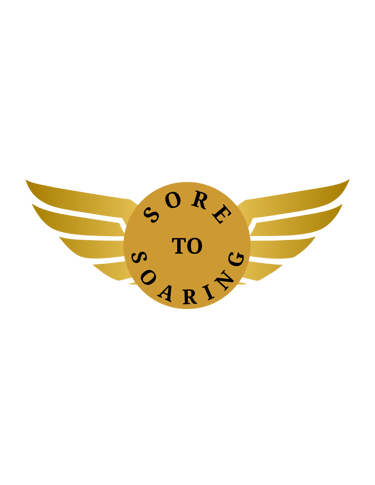The Early Warning Signs of Arm Injuries in Young Pitchers: What Coaches and Parents Need to Know
Many serious arm injuries in young pitchers start as minor issues that go unnoticed. Dr. Jason Zaremski explains the early warning signs of elbow and shoulder injuries, why small aches shouldn’t be ignored, and how proper workload management and recovery strategies can prevent long-term damage.
INJURY PREVENTION & PERFORMANCE BUILDING STRONGER ATHLETES
Coach Leo Young
4/3/20252 min read


The Early Warning Signs of Arm Injuries in Young Pitchers: What Coaches and Parents Need to Know
Most career-altering pitching injuries don’t happen overnight—they develop over time. Dr. Jason Zaremski discusses the subtle warning signs that indicate an athlete is at risk for a serious arm injury and what parents and coaches can do to intervene before it’s too late.
Have you seen young pitchers ignore early injury signs? Share your experience in the video comments, we'd love to hear from you.
The First Signs of a Serious Throwing Injury
Many young pitchers ignore minor pain, but these symptoms could indicate a developing problem:
Lingering elbow or shoulder soreness – Pain that doesn’t go away after rest is often the first sign of overuse.
Loss of velocity or control – A sudden drop in performance may be due to underlying arm fatigue or damage.
Inconsistent mechanics – Pitchers unconsciously adjust their delivery to compensate for discomfort.
Pain only when throwing – If an athlete feels fine during daily activities but experiences pain on the mound, it’s a red flag.
Dr. Zaremski emphasizes that these issues should never be dismissed as just “normal soreness” from throwing.
How to Prevent Minor Issues from Becoming Major Injuries
To keep young pitchers healthy, parents and coaches should:
Encourage honest communication – Athletes should feel comfortable reporting pain instead of hiding it.
Limit throwing volume – Monitor pitch counts, innings, and throwing days to prevent overuse.
Emphasize recovery and strength training – A well-rounded program helps pitchers maintain durability.
Seek medical advice early – Addressing small issues before they escalate can prevent the need for surgery.
Learn More About Sore to Soaring
At Sore to Soaring, we provide young athletes with the education, mentorship, and structured training programs they need to stay healthy and perform at a high level.
Learn more at:
Disclaimer:
The views shared are those of the guest and do not represent an endorsement by Lupos Initiative Inc., DBA Sore to Soaring. This content is for informational purposes only and not medical or training advice. Always consult a qualified professional before starting any exercise or throwing program. No affiliation or compensation exists between Sore to Soaring and any for-profit entity mentioned.
If you wish to learn more about Dr. Zaremski’s work, visit:UFHealth.org.
#Baseball #PitchingInjuries #ThrowingHealth #ArmCare #InjuryPrevention #SoreToSoaring

